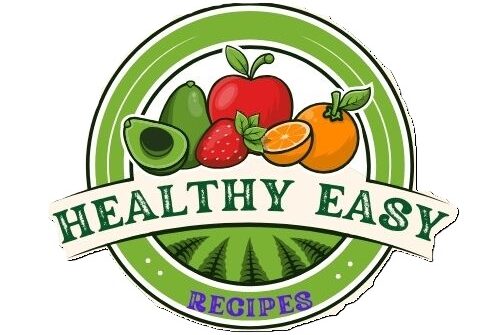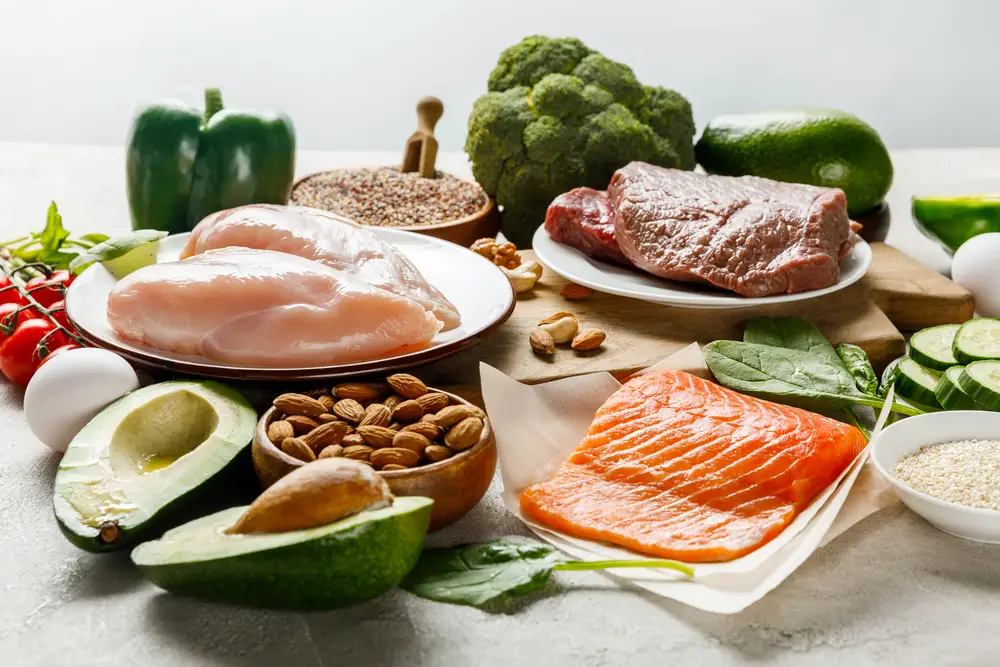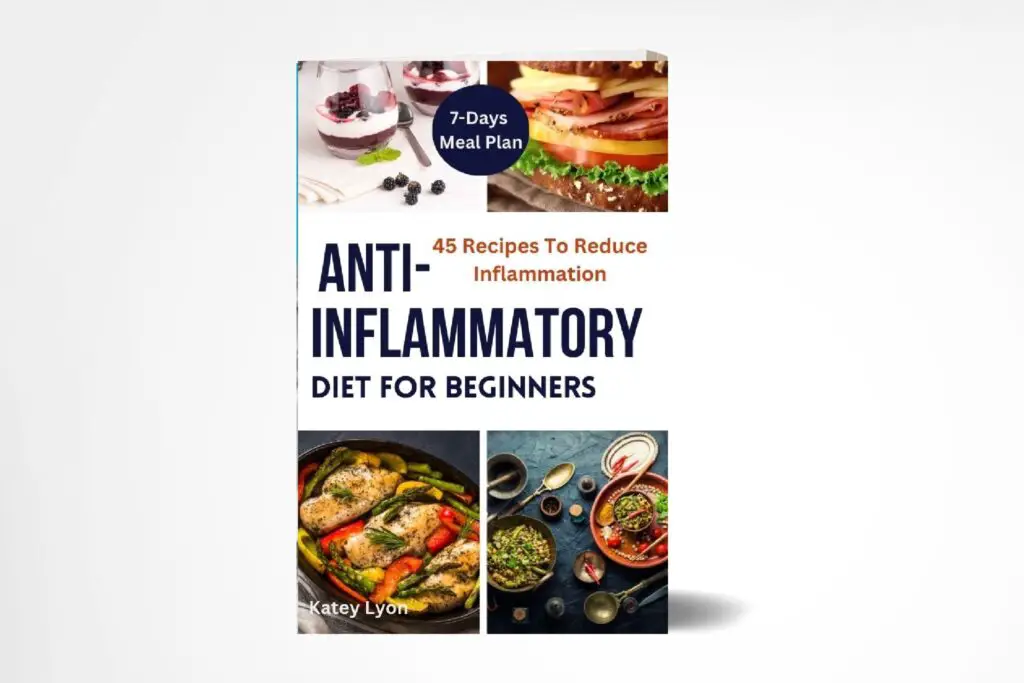Low-Carb Diet: The Secret to Weight Loss & More Energy
A low-carb diet involves eating fewer carbohydrates and more protein and fat-based food. This means cutting out bread, pasta, and junk food and opting for meats, cheeses, and veggies.
Eating fewer carbs contributes to weight loss and several health benefits. Many argue you don’t need to count your calories on a low-carb diet. They say that naturally filling whole-food meals will help you lose weight without taking the extra precaution of calorie counting. Low-carb diets are considered weight loss diets. What diets are low-carb diets? The ketogenic diet, Paleo diet, Atkins diet, and Mediterranean/ketogenic diet are the most popular low-carb diets. Read on to learn about the benefits of low-carb diets, the best diets for weight loss, and what to eat while following one.
Health Benefits of a Low-Carb Diet
Low-carb diets have several health benefits, including the following:
- Weight loss
- Lower risk of diabetes
- Lower risk of heart disease
- Improves blood sugar and cholesterol levels
- Effective against metabolic syndrome
These health benefits often go hand in hand. For example, being overweight can put you at risk for several diseases. When you lose weight, these risks are lowered. There are also some risks associated with low-carb diets that you should keep in mind. This includes the following:
- Headaches
- Muscle cramps
- Constipation
- Digestion problems
- Stomach pains
- Fatigue
- Weakness
When you suddenly stop consuming as many carbs, your body may react adversely. Since you are not used to this diet, adjusting your body may take a little while. You may experience symptoms involving your digestive system, as well as tiredness and weakness. You should be careful to cut out carbs gradually so you don’t strain your body too much. Read more about the 7 Benefits Of A Low Carb Diet
Low-Carb Diet: What Should You Eat?
Low-carb diets are heavy in protein and fat and restrictive in all carbohydrates. Here are some of the best foods that are high in protein and fat:
Proteins:
- Lean beef
- Chicken
- Salmon
- Eggs
- Cottage cheese
- Lentils
- Peanut butter
Fats:
- Cheese
- Whole eggs
- Avocados
- Nuts
- Fatty fish
- Extra virgin olive oil
- Dark chocolate
While you should eat more of these foods, you should also eat fewer carbs. This includes:
- Bread
- Pasta
- Processed foods (chips, sweets, cereal, etc.)
- Rice
- Baked products (cookies, muffins, etc.)
Can I eat oatmeal on a low-carb diet?. Oatmeal is primarily carbohydrates. It is usually not included in low-carb diets. However, if there is one carb-heavy food to include in a low-carb diet, it would be oatmeal. Oatmeal can fill you up with a relatively low number of calories. It is a much better choice than bread, cereal, or pasta.
Who Should Not Follow a Strict Low-Carb Diet?
Individuals with certain health risks should avoid following a strict low-carb diet. This includes people at risk for heart disease, pregnant and nursing women, people with diabetes, kidney issues, liver or pancreatic diseases, and anyone who has had their gallbladder removed. A low-carb diet can put these people at greater risk of damaging their health. Always talk to your doctor before starting a diet.
A low-carb diet has several health benefits, including weight loss. Reducing carb-heavy foods like bread, pasta, and processed foods can drastically improve your health and well-being.
Even if you don’t cut all the carbs out of your diet, eating a greater amount of protein and fat-based foods has a lot of benefits. It will keep you fuller longer, give you more energy, and lower your risk of several diseases.
Low Carb Diet? Fact or Fiction. Does it work?
What Can You Eat on a Low-Carb Diet? (Full Food List)
Example of a low-carb dinner
Butternut Squash And Chicken Thigh

Preparation time: 15 minutes
Cooking time: 30 minutes
Servings: 4
Ingredients:
- ½ pound bacon
- 6 chicken thighs, boneless and skinless
- 2-3 cups butternut squash, cubed
- Extra virgin olive oil, as needed
- Fresh chopped sage, as you like
- Salt and pepper as needed
Directions:
- Preheat your oven to 425 F.
- Bake the chicken thigh for about 30 minutes in the oven.
- Place your large skillet over medium-high heat. Add bacon and fry until crispy. Remove the bacon and crumble it on the side.
- Add cubed butternut squash in the bacon grease and sauté—season with pepper and salt.
- Once your squash is tender, remove it from the skillet, transfer it to a blender, and make puree. Put the puree in a plate
- Serve the chicken thigh on top of the puree and the crumbled bacon and sage. Enjoy!
Nutrition: Calories: 323, Fat: 19g, Carbohydrates: 15g, Protein: 12g
Low Carb Recipes
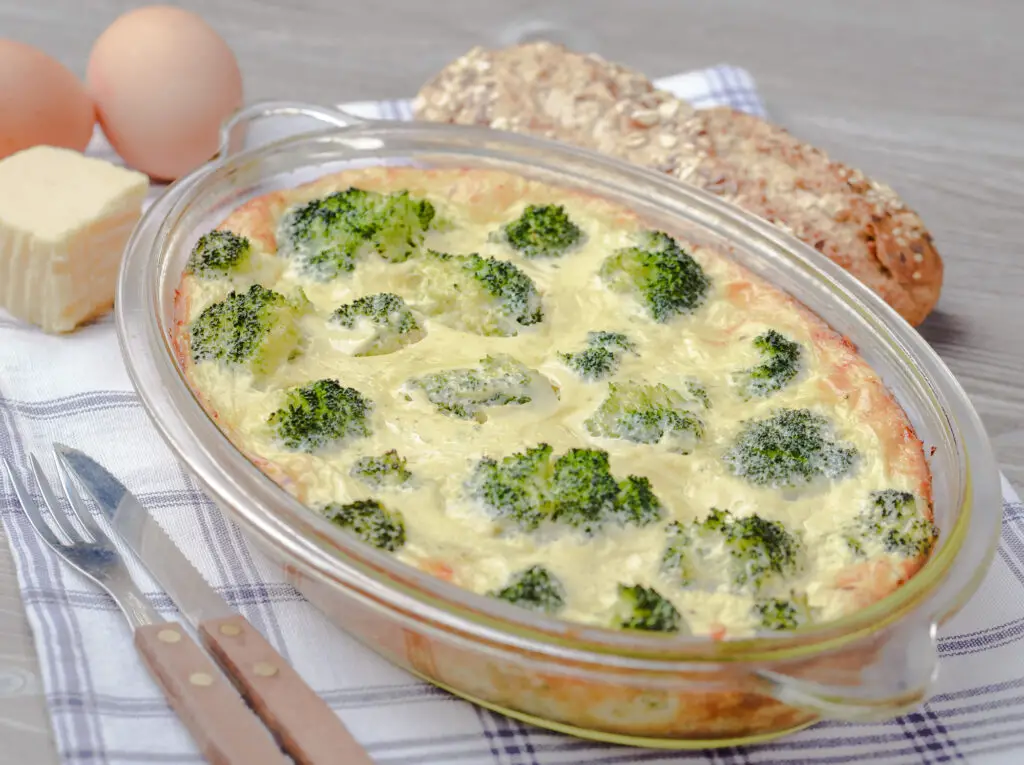
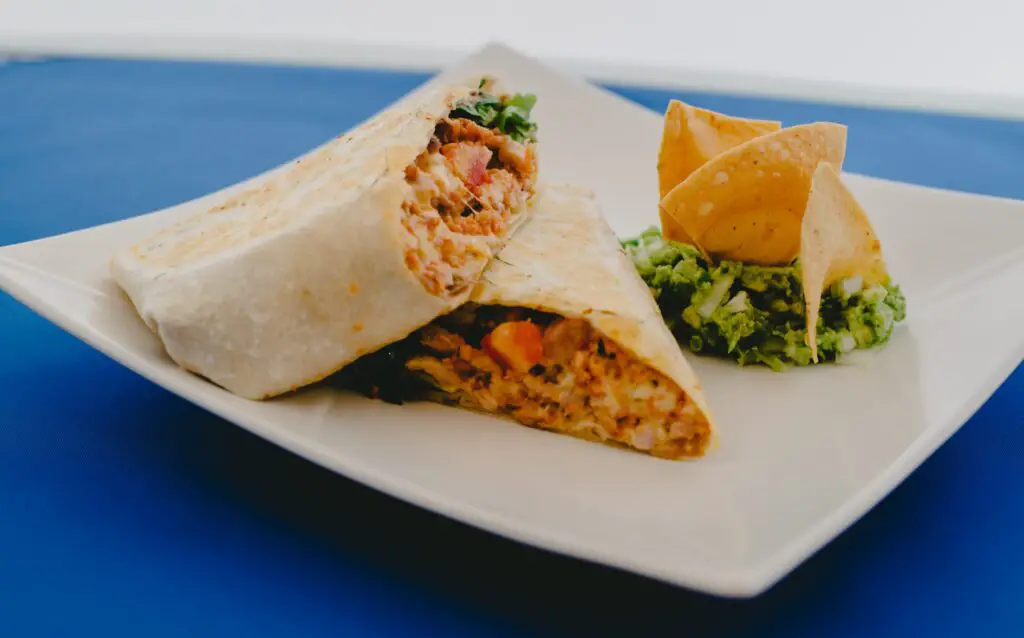
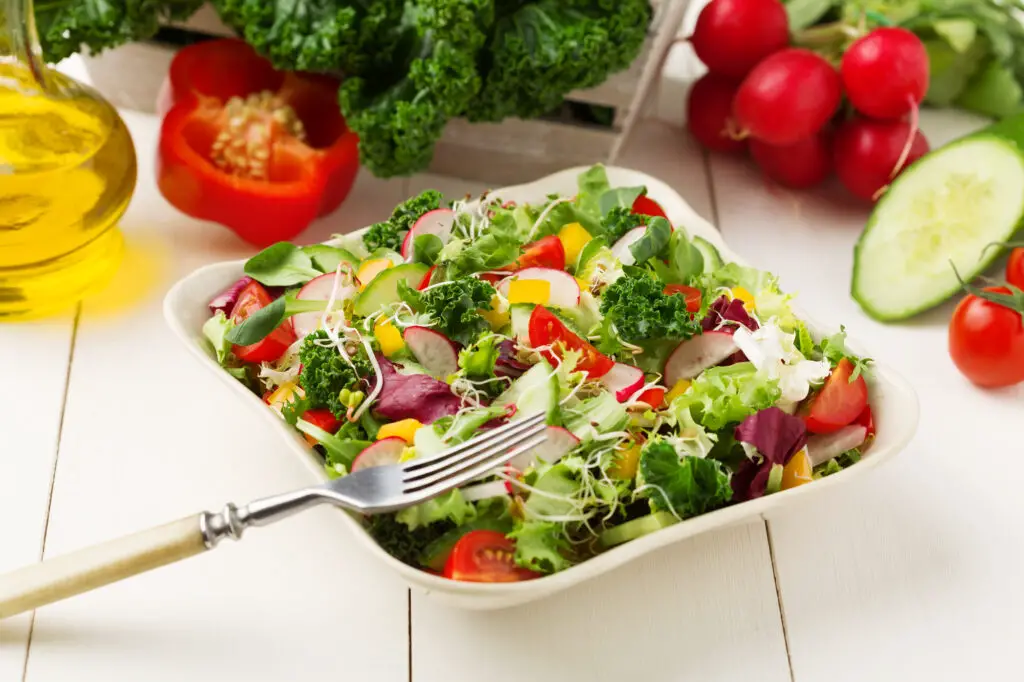
Low Carb Snacks
Finding low-carb snacks can be difficult, as many common snack foods are high in this nutrient. Fortunately, numerous tasty and creative snacks fit your low carb lifestyle.
Choosing snacks, such as low-carb fruit and vegetables, can help you meet your carb goals while still delivering a lot of nutrients. Check the 10 low carb snacks that are both delicious and nutritious.
Common Questions & Answers
What foods are good in a low-carb diet? Following a low-carb diet, you normally restrict or cut back on carbs like grains, bread, pasta, sugar, and starchy vegetables. The following foods are suitable for a low-carb diet:
Non-starchy vegetables: Bell peppers, lettuce, cucumbers, spinach, cauliflower, and broccoli are all abundant in fiber, vitamins, and minerals but low in carbohydrates.
Foods high in protein: Tofu, eggs, fish, chicken, and meat are all excellent sources of protein that are low in carbohydrates.
Healthy fats: Avocados, almonds, seeds, olive oil, coconut oil, and butter are low in carbohydrates and high in healthy fats.
Dairy products such as cheese, cottage cheese, and plain Greek yogurt are strong in protein and good fats but low in carbohydrates.
Blueberries, strawberries, raspberries, and blackberries. are all high in fiber and antioxidants and low in carbohydrates.
Remember that the type and amount of carbohydrates that can be ingested while adhering to a low-carb diet may change based on the individual’s goals, health, and activity level. Before making any significant dietary adjustment, it is always advisable to speak with a licensed dietician or another medical professional.
